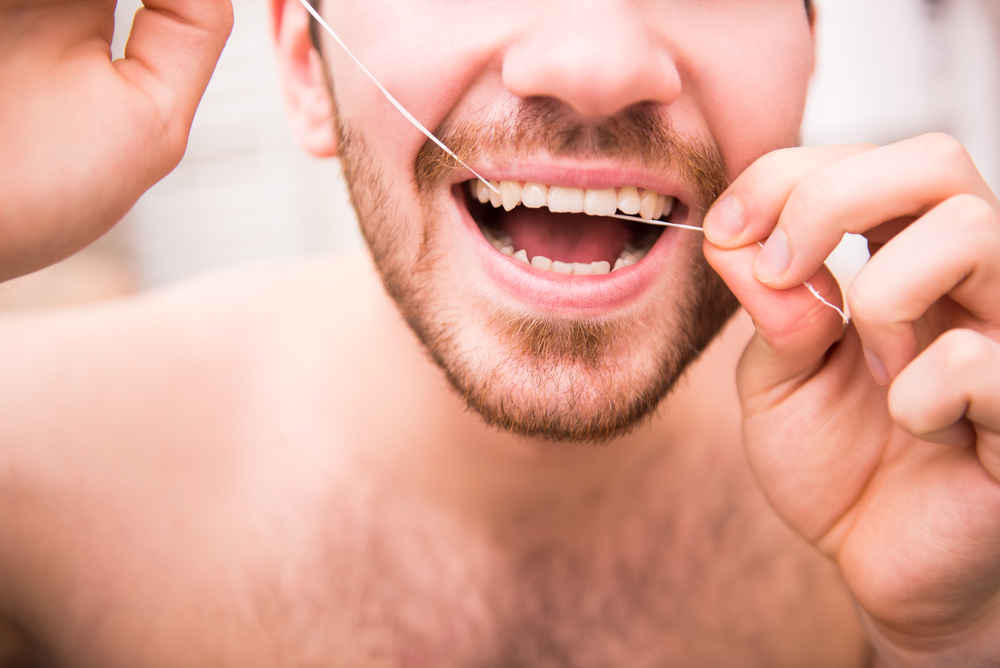What’s The Best Way to Floss
We all know we should floss, but it can be tough. Part of this is because flossing can feel like an extra task in an already busy day, but it...

Suffering from dry mouth can lead to severe damage and various issues with your oral health. When your body cannot produce enough saliva, tooth decay and gum disease often follow, and a dry mouth is typically an indication of ill-working salivary glands. There are many successful and proven home remedies and treatments for those suffering from dry mouth.
Most patients find that the best way to combat dry mouth is to take excellent care of the teeth and gums. In addition to great oral hygiene, these 5 home remedies can help you find relief.
When the glands in the mouth are not working correctly and are not making saliva, dry mouth is a common indication. These glands, called salivary glands, may not be working efficiently for several reasons. The most critical piece in alleviating dry mouth symptoms is to determine the cause. Your dentist or physician can assist you with thoroughly examining your salivary glands and can help you pin-point why they’re not functioning correctly.
Most patients find that the best way to treat dry mouth is to determine the source, so you are not merely masking the indication that something internally is amiss. A dry mouth typically indicates limited-to-no saliva flow, so frequently, the most straightforward way to solve dry mouth is to bring back your natural saliva flow. Chewing sugar-free gum is an excellent way to revitalize a dry mouth by promoting your natural saliva production. Additionally, chewing gum that contains Xylitol is accompanied by additional benefits such as being less likely to develop tooth decay, giving your oral health an extra boost.
Your natural saliva production can be a direct reflection of your oral health routine. For patients who don’t put adequate efforts towards caring for their teeth and gums, the more those people are exposed to diseases that can affect the entire body. Taking great care of your teeth and gums may not sound like revolutionary dental advice, but it will help prevent dry mouth in more ways than one.
A dry mouth can be a typical sign of dehydration. An easy and simple solution is to be more mindful of your water consumption throughout the day. Keeping your body hydrated with water has several positive effects on your body’s overall health.
Bad habits, like excessive alcohol consumption, are frequently to blame for salivary glands that aren’t producing as they should. While the effects may not be evident initially, excessive alcohol consumption quickly dehydrates the body, and areas like your mouth suffer.
If you’re suffering from dry mouth, check your daily routine for these bad habits that can have many negative consequences, including dry mouth.
Adding more moisture to your home environment may also help alleviate dry mouth symptoms. In fact, One study suggests that sleeping with a humidifier can moderately improve dry mouth symptoms. Running a humidifier at night while you sleep may reduce discomfort and enhance your quality of sleep.
Silently suffering from a dry mouth can be a severe issue and one that you should not ignore. If you believe your dry mouth symptoms result from certain medications or other health-related problems, speak with your doctor. In these situations, determining the cause of your dry mouth and treating the underlying condition will be more effective than any home remedy efforts.
If you are suffering from dry mouth, contact Hoffman Dental Care today to schedule a consultation appointment.